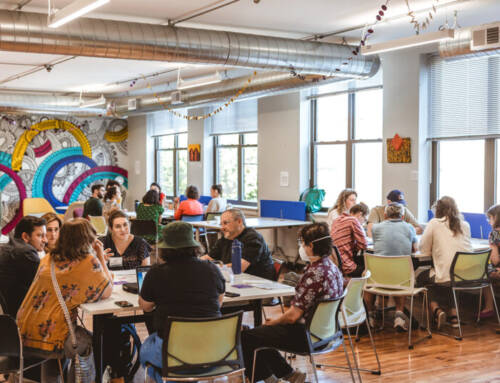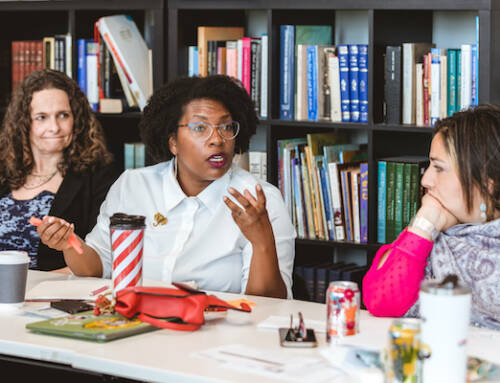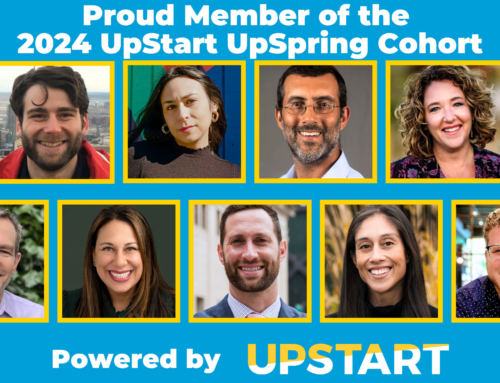Gary Rosenblatt, in his article The Push & Pull of Jewish Philanthropy in this weeks Jewish Week, writes:
Start-ups look to federations and foundations for funding but dont want to be associated with federations (too old school for them); federations may support the new start-ups as part of their effort to attract younger donors and be innovative, but resent that the start-ups keep their distance; and family foundations may play in both camps but are seen as unpredictable, and maybe too independent. Meanwhile, these three key groups are interdependent as well at times, relying on each other for funds, ideas and/or credibility. And the dance goes on.
This delicate dance between federations, family foundations, and start-ups reveals a distressing set of fraught relationships in our community. It is unproductive, and, ultimately, detrimental, for the Jewish communitys different key factions those with experience, those with money, and those with a pulse on the communitys needs to be suspicious and resentful of each other, and, simultaneously, to need each other. Is it possible for us to do some communal family therapy?
Ronald Heifetz, in his book Leadership Without Easy Answers, writes about the nature of communities engaged in this type of dance. He says: Engaged in the dance, it is nearly impossible to get a sense of the patterns made by everyone on the floor. Motion makes observation difficult.
His suggestion? Lets all get off the dance floor for a bit: To discern the larger patterns on the dance floor to see who is dancing with whom, in what groups, in what location, and who is sitting out which kind of dance we have to stop moving and get to the balcony.
This ability to take a step away from the frenzied momentum of the dance is critical for the health of our community. If the groups about whom Rosenblatt writes continue to be in relationship with one another while harboring stereotypical, resentful ideas about each other, we will continue to dance in circles. It is imperative to create dialogue opportunities amongst members of these groups (perhaps local Conversations, for heads of start-ups, Federations, and Family Foundations?) to address these preconceptions.
In fact, on the Sunday night of the Jewish Federations of North America General Assembly last week, just such a conversation took place. It is likely that if individuals from these three arenas were to convene for a more significant period of time to discuss their perceptions of the most pressing needs in todays Jewish community, and to brainstorm creatively about how to meet them, they would agree more than they would disagree, or, at least, would begin to agree to disagree more productively.
There is no question that the existence of a burgeoning, young, energetic cadre of Jewish social entrepreneurs, eager to create Jewish engagement opportunities outside of existing institutions, is threatening to existing institutions. And there is also no question that the existence of the Jewish Innovation Ecosystem is heartening to Foundations; it marks their success after all, a new generation of Jews is committed and engaged. Jewish social entrepreneurs will be the first to admit that they have many needs, many of which may be met by these existing institutions needs for funding, for infrastructure, and for the experience of veteran professionals in the Jewish nonprofit sector.
Avivah Gottlieb Zornberg, the author of The Particulars of Rapture, in her chapter on Mishpatim, writes: before the new can come into being, a sense of absence must be recognized. The challenge we face as a community is to bring our warring factions together. Let them sit together around the same table. Let them acknowledge what is absent, what has been lost with time, what has changed. And then let them begin to dream and build together. They may find that, as T.S Eliot writes in Burnt Norton in his Four Quartets, at the still point, there the dance isboth a new world and the old made explicit, understood
This article was cross-posted at ejewish philanthropy.
Our purpose is to enable entrepreneurs to bring bold Jewish ideas to light. We help them reach Up to people in new ways that are meaningful, more inclusive, and create a brighter future for our Jewish community and the world we share.




